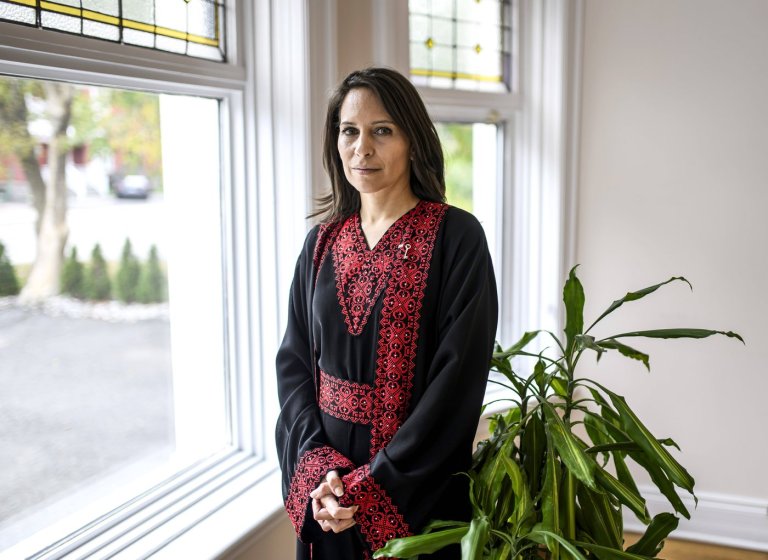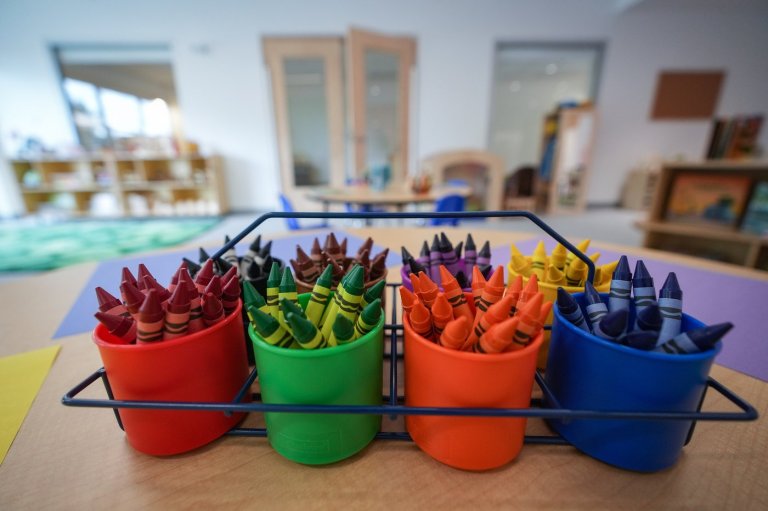Chinese man’s refugee claim could hinge on disclosure of secret federal info
OTTAWA – The federal government is trying to throw a shroud of secrecy over information a Chinese refugee claimant in British Columbia says could be crucial to his case.
A Federal Court judge will hear the government’s plea Friday to shield portions of two Canada Border Services Agency documents from disclosure in the case of Shiyuan Shen, who is wanted for alleged fraud in China.
In a filing with the court, the government argues revealing the information would hurt international relations and shatter Canada’s credibility in the eyes of foreign allies and sources.
Shen, who runs a kitchen-cabinet business in Richmond, B.C., arrived in Canada 10 years ago. He had lived in the United States since leaving China in February 2002.
He married a Canadian and applied for permanent residence. However, the border services agency arrested him for suspected involvement in illegal activities in China related to the steel trade, based on an outstanding warrant issued by the Public Security Bureau in Shanghai.
In March 2011, Shen applied for refugee protection in Canada. He says he never took part in any illegal activity in China, and that the Chinese authorities have targeted him for political reasons.
At his refugee hearing, Shen argued the Crown was required to disclose all documents obtained from China related to his case.
Shen’s refugee application was rejected, and he challenged the decision.
Federal authorities concede that more information should have been disclosed to Shen. But they are refusing to release the full contents of the two border services agency documents.
Instead, a public, redacted version of the information was provided to Shen. In addition, a version with more — but still not all — of the information was given to Shen’s lawyer, Lorne Waldman, and the refugee adjudicator, on condition that it be used solely in future refugee proceedings.
On Friday the Federal Court will evaluate the government’s reliance on the Canada Evidence Act to withhold the remaining elements of the two border agency documents. While a portion of the hearing will be public, some arguments are expected to be heard behind closed doors.
The full documents should be disclosed, given the relevance of the evidence to Shen’s case, Waldman said. “It’s difficult for us to know how important the redacted material is, because we don’t know what it says.”
In its filing with the court, the federal government says confidentiality is a fundamental and necessary characteristic of most areas of international relations, including diplomacy, intelligence and security. “As such, confidentiality is essential for Canada to pursue its foreign policy objectives.”
Global Affairs Canada reviewed the border agency documents and excised the sensitive information in question.
David Hartman, executive director of the Greater China Division of Global Affairs, says in an affidavit that foreign governments, human rights organizations, activists and journalists supply information of interest to Canada with the expectation the source will not be divulged.
“If Canada is seen as unreliable because it reveals the names of sources that have been helpful previously, the named source and any other officials with whom Global Affairs deals with are likely to re-evaluate their willingness to provide assistance.”
— Follow @JimBronskill on Twitter
Join the Conversation!
Want to share your thoughts, add context, or connect with others in your community? Create a free account to comment on stories, ask questions, and join meaningful discussions on our new site.














Leave a Reply
You must be logged in to post a comment.